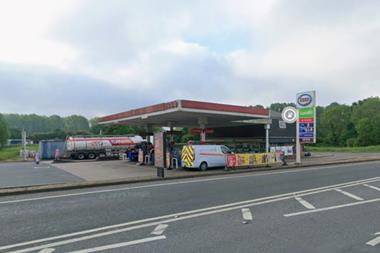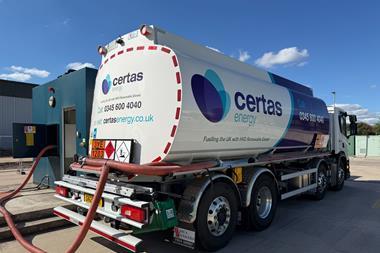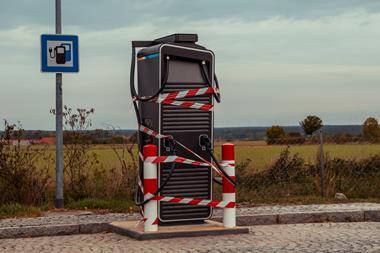It could take until next year to get a final picture on how and where a merged Asda/Sainsbury’s business will have to dispose of sites, according to Mark Frostick, senior associate in the Automotive & Roadside team at property specialists Rapleys.
“And it will be longer term before a final position on pricing is agreed so, for now, it will be a question of wait and see,” he said.
Following the first phase of its investigation into the proposed merger, the Competition and Markets Authority (CMA) has announced that there are 463 sites where there may be an overlap between Sainsbury’s and Asda. The second phase of the investigation continues, but it is likely that where there are competition issues the new business will have to dispose of sites – estimates put the number of potential disposals as anywhere up to 300 sites.
“Asda does have 18 standalone petrol stations, but we expect these are unlikely to be disposed of as part of a competition issue, though they could be looked at as non-core by the new company,” said Frostick.
“Instead, the majority of the petrol stations that the new company will operate are attached to a superstore – and, critically, it will be the store not the fuel element that dictates what happens to these.”
Frostick explained that the company may be less willing to dispose of stores close to their main competitors, but with the big supermarket operators significantly reducing their acquisition programmes – particularly for the larger stores that Asda has tended to favour - it seems likely that that the discount operators such as Aldi and Lidl could be the main acquirers “…an interesting point, given it is pressure from these brands that has been a large part of the aggressive strategy pursued by Sainsbury’s…”, said Frostick.
“However, the discounters have never looked to operate fuel sites and we would not expect them to start now,” he stressed.
“This could either lead to the new owners closing down petrol stations, or disposing of them as separate entities. This is probably going to be decided on a case by case basis,” he said. “We expect that it is unlikely that Sainsbury’s/Asda would look to dispose of their sites themselves on a piecemeal basis but they could also consider some downsizing or splitting of sites to get around regulations.”
For businesses who operate petrol stations near a supermarket that suddenly closes down the fuel offer the potential for extra throughput and shop sales could be significant, said Frostick, especially if the supermarket continued to trade, thereby maintaining the customer pull to the local area. There are few operators who would not like to see another 10 million litres or so added to their throughput by the loss of competition.
“However it might still be too soon to buy up every petrol station near an Asda or Sainsbury’s just in case.”

































No comments yet